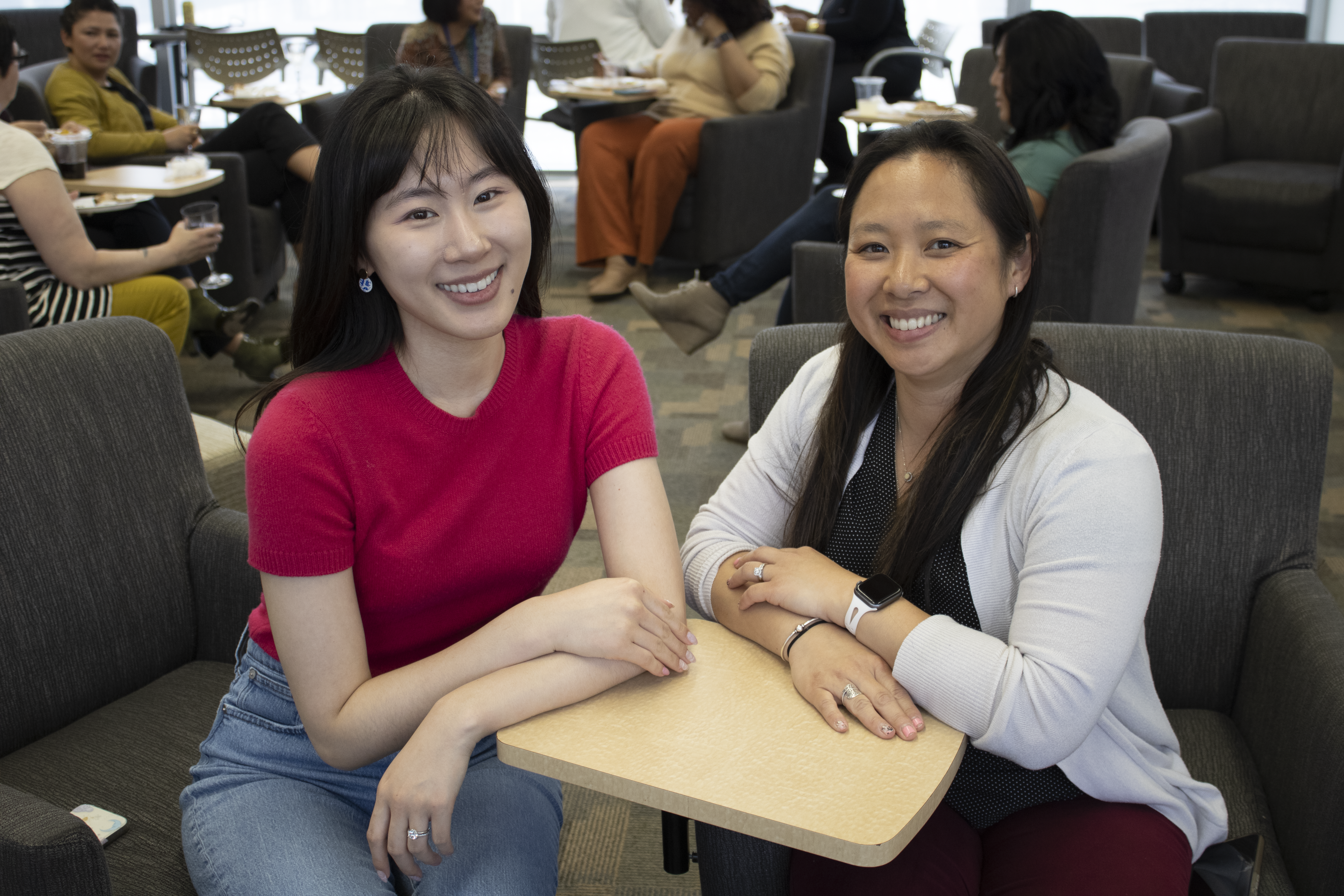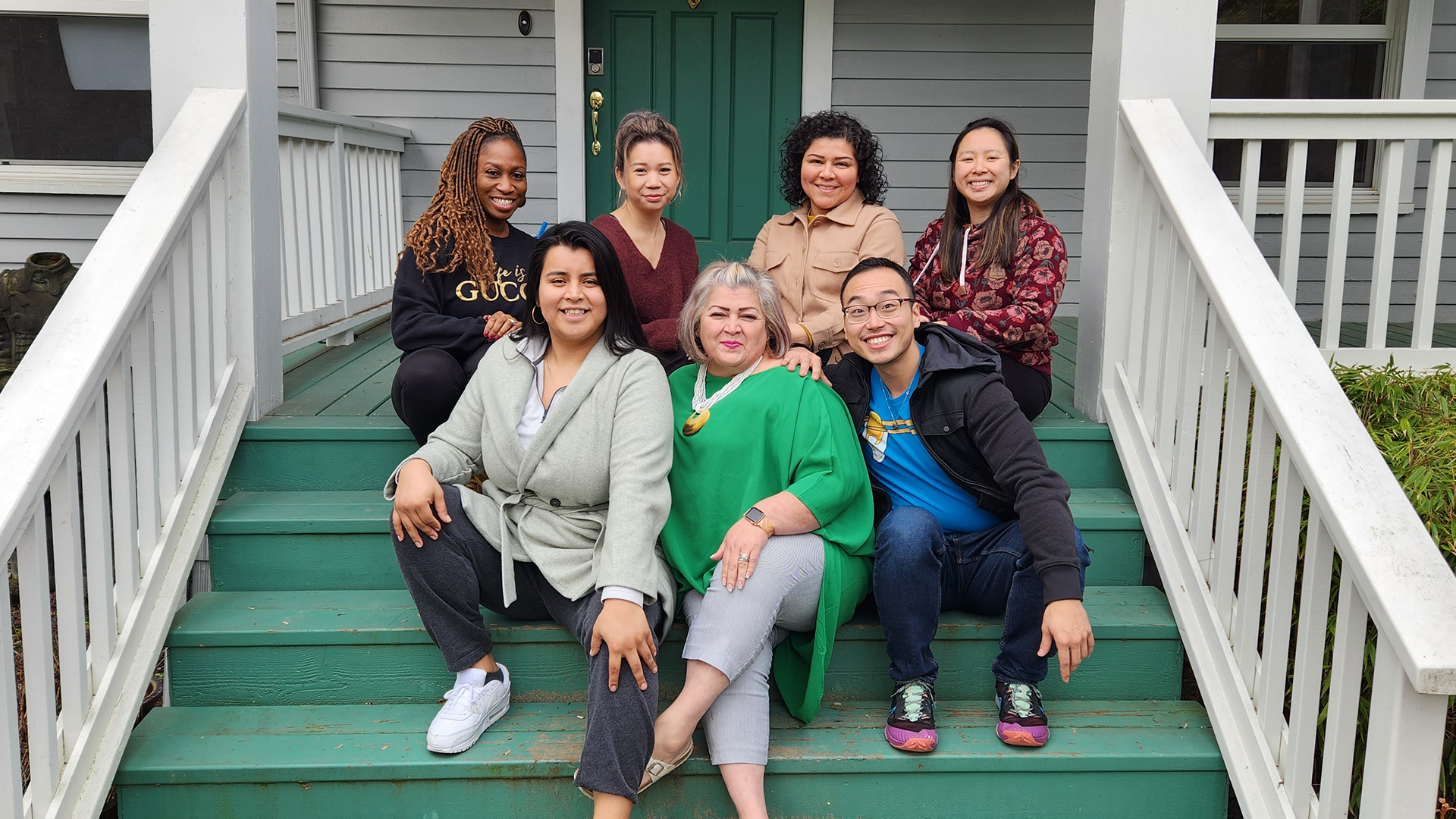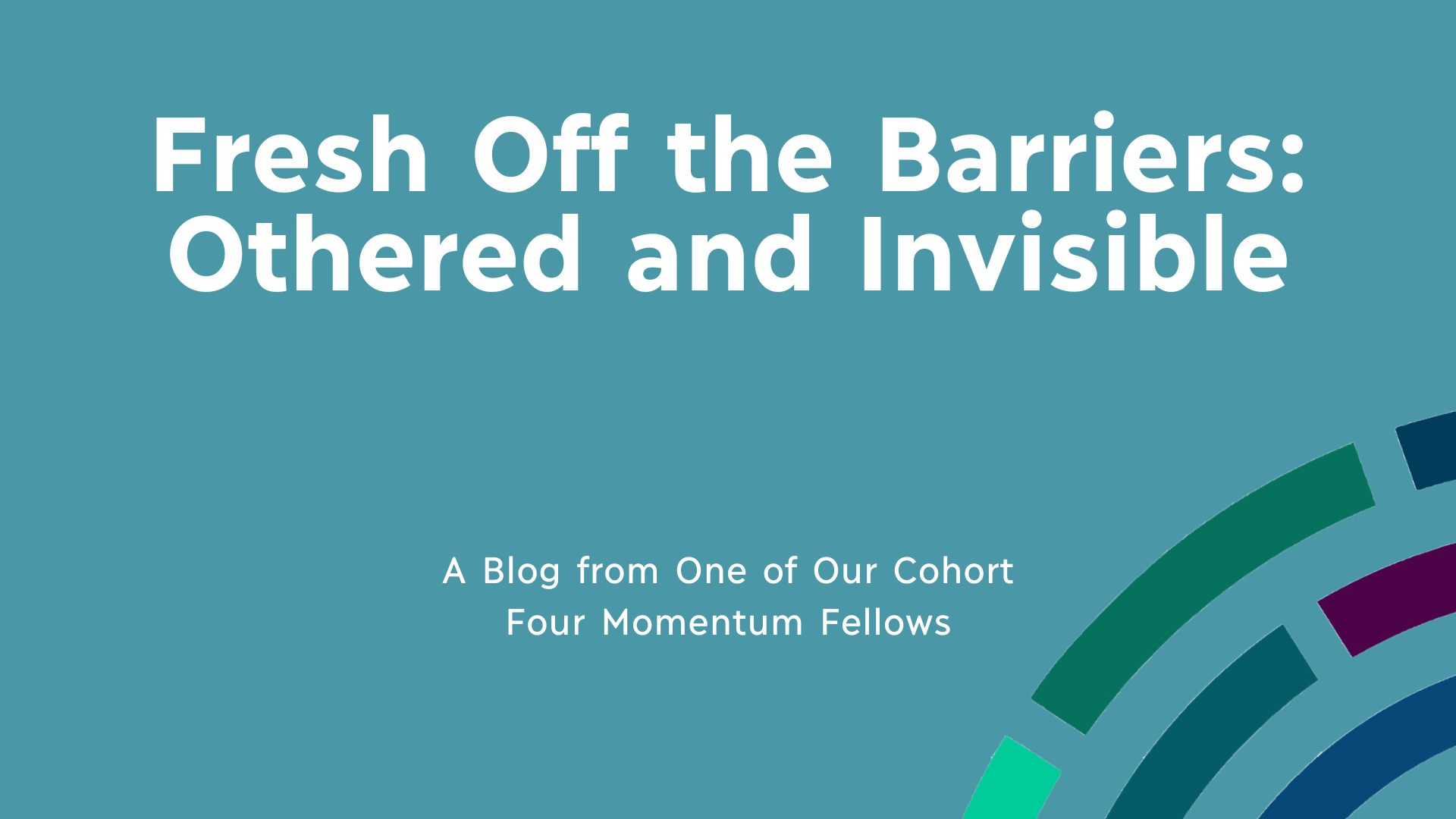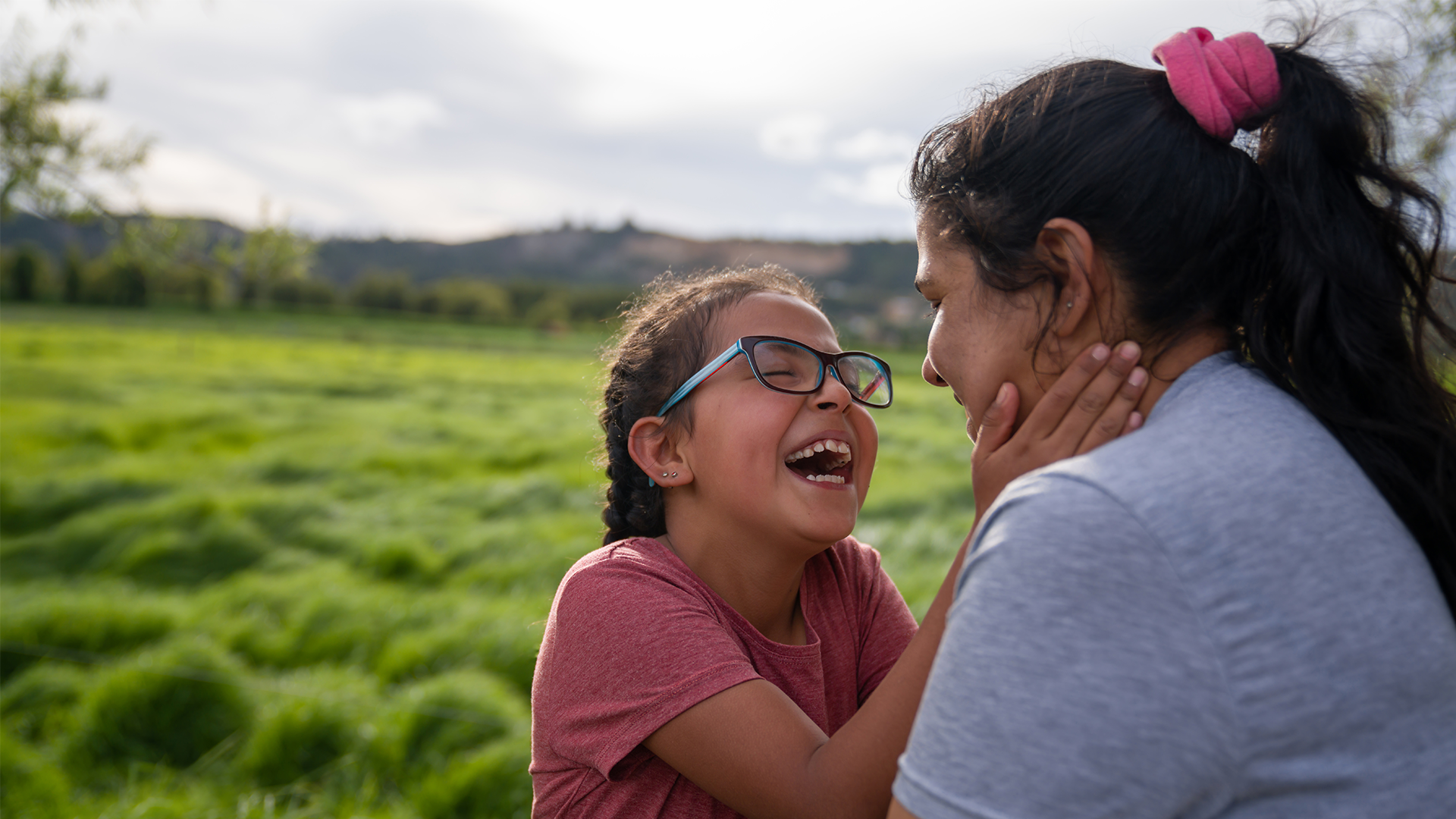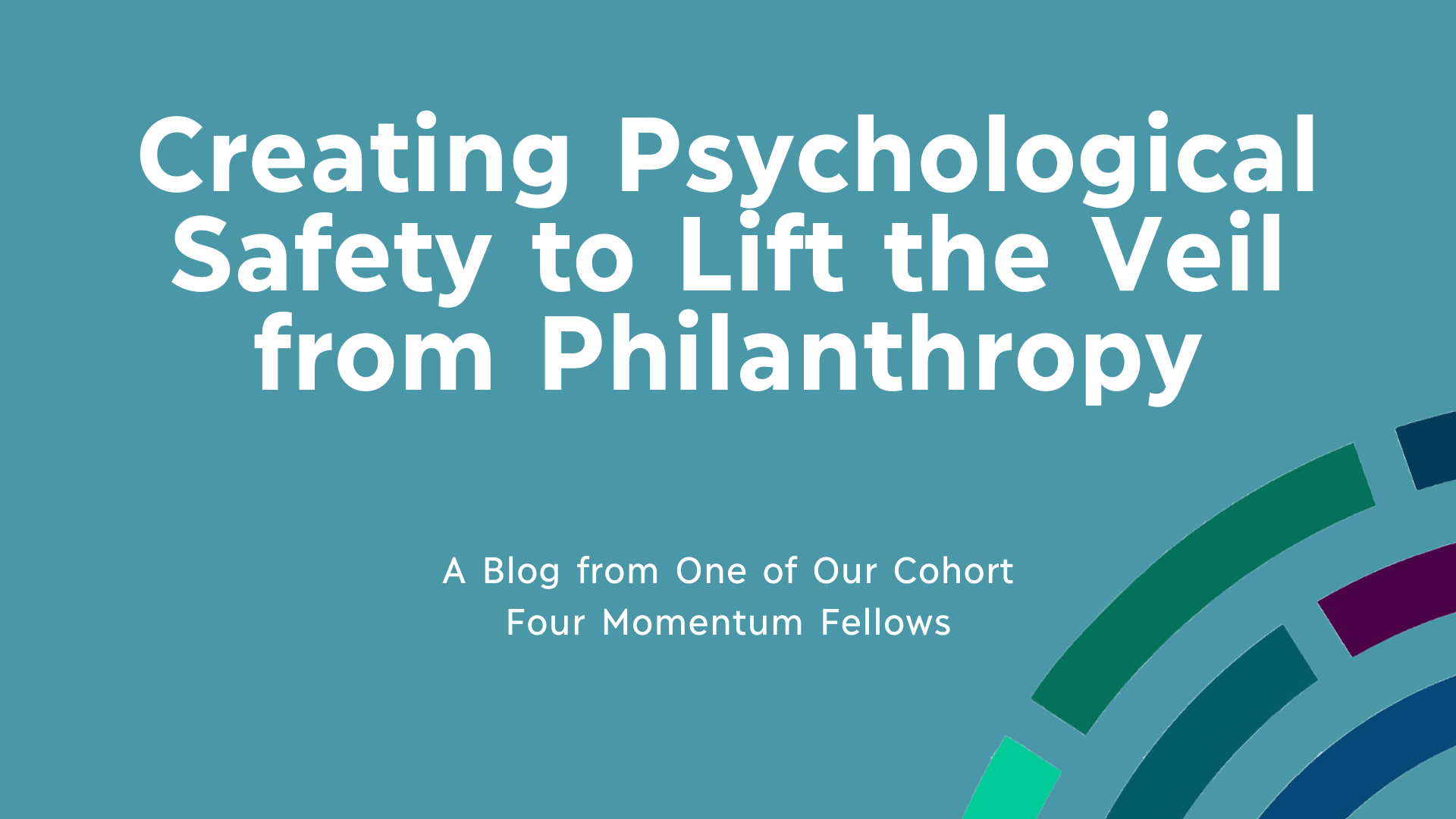Supporting emerging leaders in philanthropy.
The Momentum Fellowship was designed to support professionals of color in philanthropy who bring their cultural backgrounds, identities and lived experiences into their workplace. During the 18-month program, fellows joined a cohort of peers and engaged in facilitated learning, networking and professional development opportunities.Since its inception in 2015, the Momentum Fellowship aimed to build a pipeline of leaders of color in philanthropy, developing their skills to position them to pursue careers in the philanthropic sector.
We are excited to transition from the Momentum Fellowship to our new offerings for leaders of color in philanthropy, allowing us to expand the opportunities for engagement, relationship-building, collective healing, deep learning around equity and advancing this work in the sector.
To learn more about how we are doing this, take a look at our BIPOC Folks in Philanthropy webpage.
Insights from the Momentum Fellowship
Closing Out Our Fourth Cohort of Momentum FellowsBy Nancy Sanabria
Nancy Sanabria shares about the experience of concluding our fourth Momentum Fellowship cohort and the unique aspect of starting the cohort virtually due to the COVID-19 pandemic and ending with an in-person retreat where the fellows could meet in person.
by Gene Yoon
Gene Yoon, Pacific Hospital Preservation & Development Authority communications manager and Cohort Four Momentum Fellow, shares his personal experience of his family navigating the healthcare system and how philanthropy can promote health equity and justice for all.
Bringing Hope and Possibility to Rural Spanish-Speaking Communities in Oregon and Siskiyou County, California
by Laura E. Isiordia
Laura E. Isiordia, The Ford Family Foundation field coordinator and Cohort Four Momentum Fellow, writes about her road to philanthropy through community building and how hope is the spark to ignite change.
by Ruby Ramirez
Ruby Ramirez, Oregon Community Foundation program officer and Cohort Four Momentum Fellow, discusses the importance of creating psychological safety and how showing up with authenticity and transparency can help lessen the power dynamics between funders and grantees.
